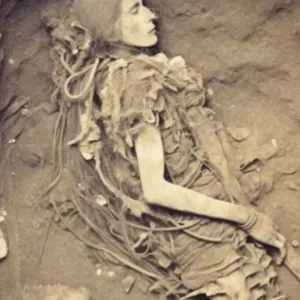Historical Context
The year 1868 was a time of transformation across the globe. In the United States, the aftermath of the Civil War was shaping a new societal landscape, while in Europe, rapid industrialization and the rise of modern ideologies were redefining social dynamics. Amidst these changes, the concept of cooperation—both in personal and professional realms—was evolving, leading to intriguing implications for marital fidelity and societal expectations.
The Dynamics of Cooperation
Research indicates that during this era, the idea of cooperation was gaining prominence. Communities were forming around shared interests, and social clubs emerged as a way to foster collaboration among individuals. However, this increased emphasis on cooperation also brought to light the complexities of human relationships, leading to instances of adultery that challenged traditional values.

Adultery and Its Implications
Adultery in 1868 was often shrouded in secrecy and stigma, yet it also served as a reflection of the changing attitudes towards marriage and personal freedom. While society upheld strict moral codes, many individuals sought personal fulfillment beyond the confines of their unions. This tension between societal expectations and personal desires created a backdrop for both scandal and cooperation among individuals navigating their complex lives.








